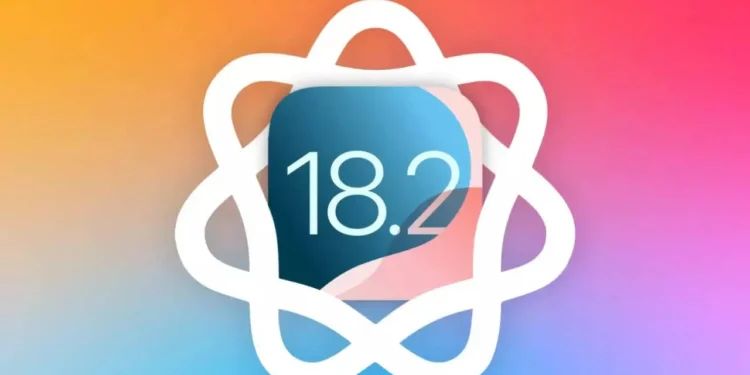In an unexpected update that promises to reshape the landscape of mobile communications, Apple is gearing up to release iOS 18.2 next week. This new update is not just a regular increment; it’s set to revolutionize how iPhone users communicate by phasing out the notorious “green bubbles” of SMS and introducing more secure messaging options.
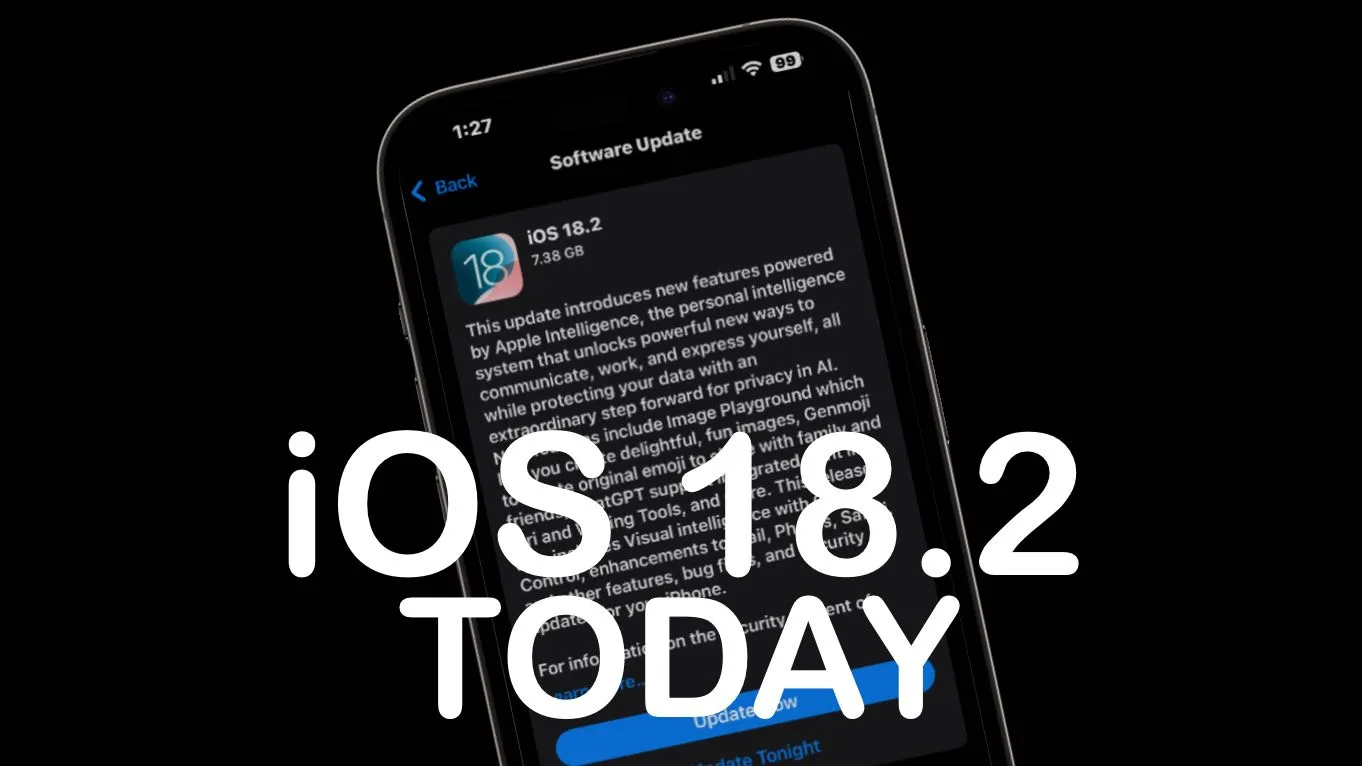
The End of Green Bubbles and What It Means for Users
For years, the colour-coded message bubbles in Apple’s iMessage—blue for iMessage and green for SMS—have been a subtle indicator of your device’s security level. Blue bubbles signify end-to-end encryption, exclusive to messages sent between iPhones, while green bubbles, associated with SMS, lack this security feature. The upcoming iOS 18.2 aims to address this by encouraging a switch to more secure messaging platforms like WhatsApp or Signal.
This shift is influenced heavily by recent governmental advisories. Following incidents of network infiltrations attributed to Chinese hacking groups and consequent warnings from the FBI about the risks of unsecured text messages, Apple’s update seems timely. The FBI’s caution was clear: Americans should avoid sending unsecured text messages, a practice that has been standard for non-iMessage users.
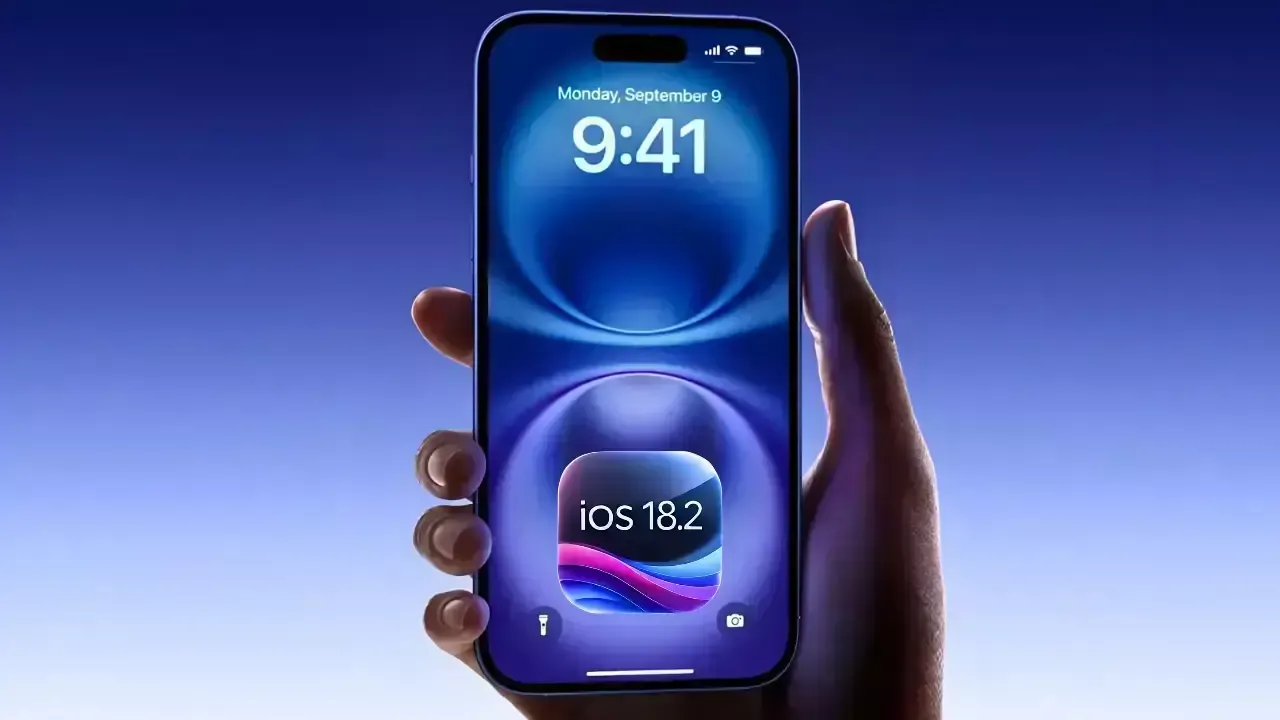
European Regulations and the Future of Messaging Security
The implementation of iOS 18.2 allows iPhone users to finally change their default apps for messaging and calling. This change means that users can now opt for fully encrypted communication services as default for both calls and messages, moving away from the traditional, less secure SMS. While Apple provides secure options like FaceTime and iMessage, these services are limited to communication between iPhones, which is a significant limitation that the new update addresses.
The adoption of secure alternatives could mark the end of the “green bubble” era, aligning with Apple’s long-standing focus on privacy and security. It’s a significant shift likely to be welcomed by many, especially those concerned with digital security following the extensive media coverage of cybersecurity threats like the Salt Typhoon hacking incident.
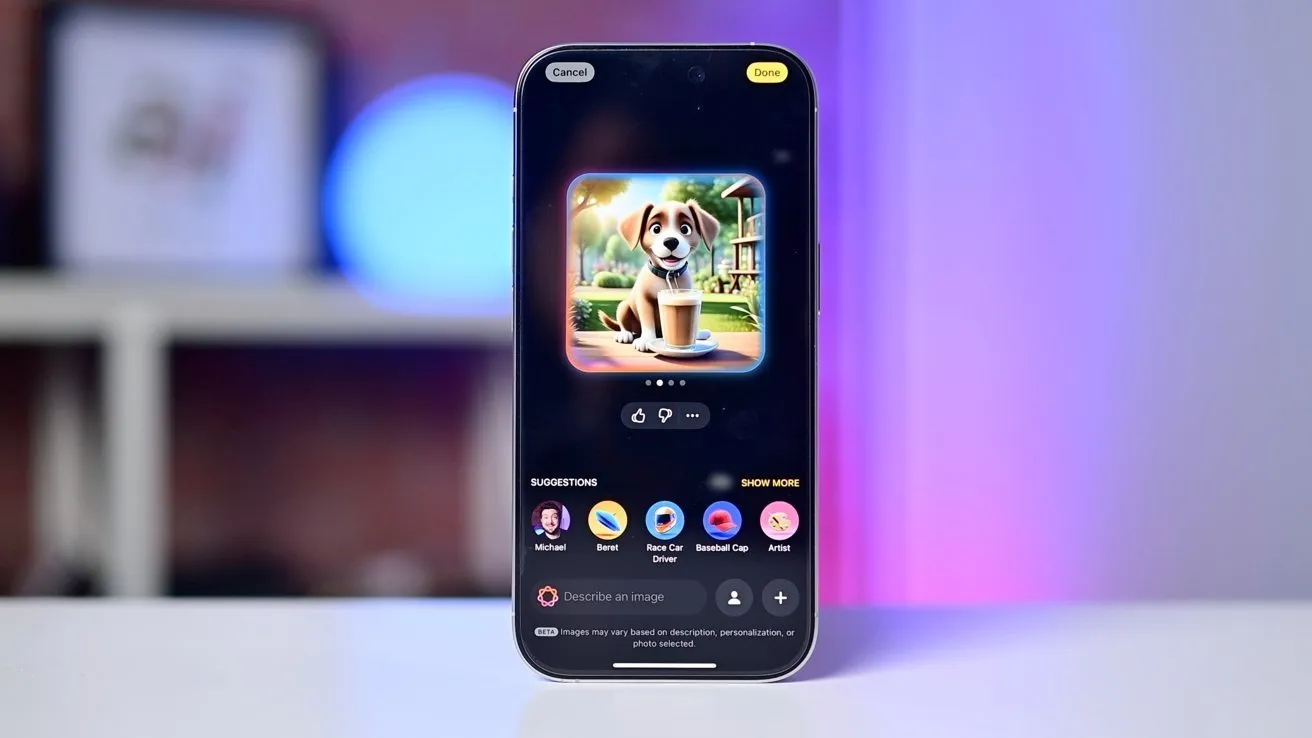
While Apple is making strides in the U.S., the situation in Europe also presents challenges and opportunities in secure messaging. Recent developments indicate a scaling back on Europe’s “Chat Control” proposal, which sought to mandate the screening of messages for illegal content, potentially compromising end-to-end encryption. This move has sparked debates about privacy and security, indicating that the future of secure messaging remains a hot topic across the globe.
The potential implications of such regulations are profound, not just for users but for tech companies striving to balance user safety with privacy rights. Apple’s update, coupled with these regulatory developments, could significantly influence the global approach to digital communication security.
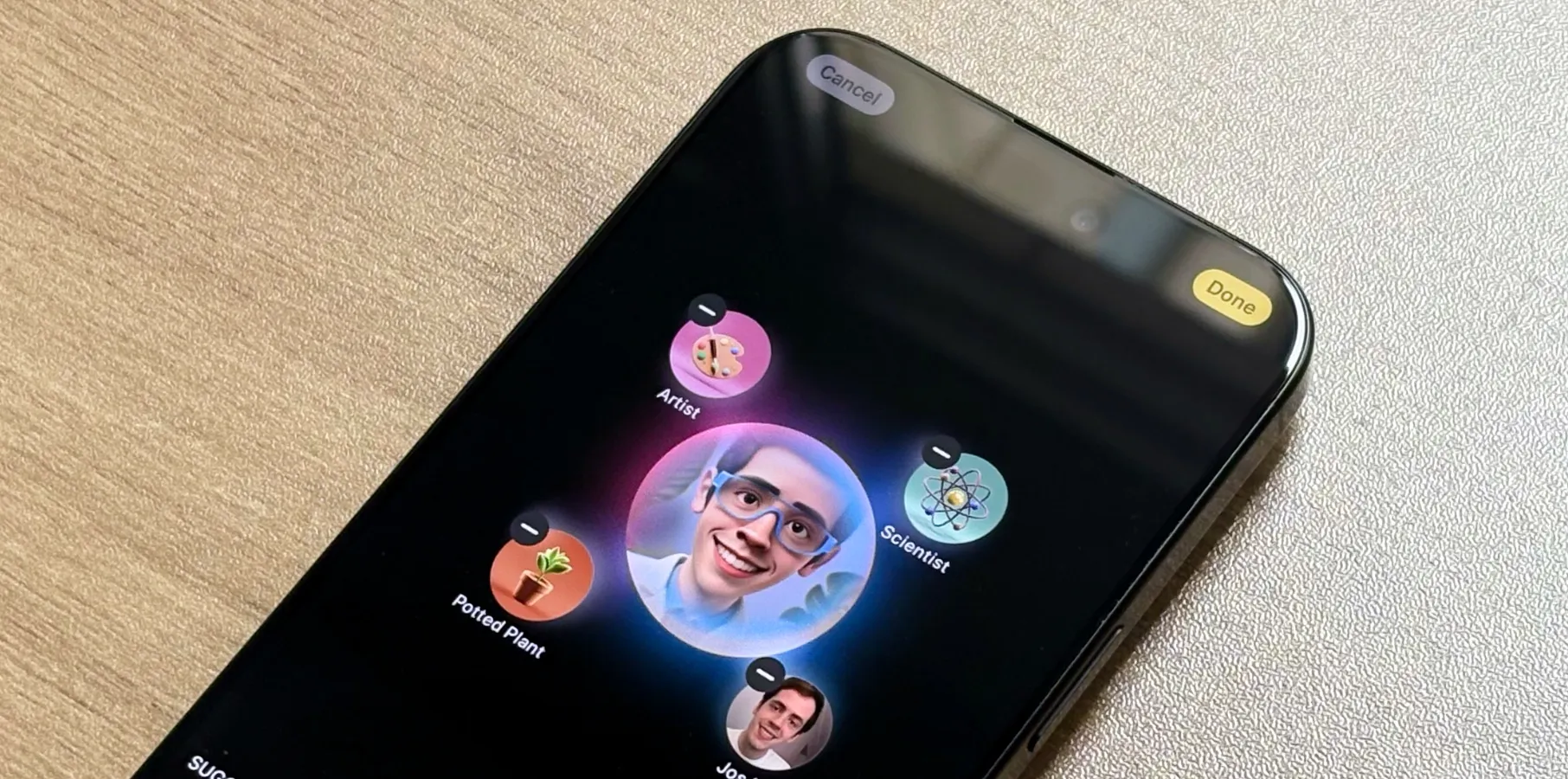
As we move towards the end of 2024, it’s clear that messaging and communication norms are evolving. Apple’s iOS 18.2 is at the forefront of this change, offering new functionalities that promise enhanced security and privacy for iPhone users. This update is not just about improving aesthetics or adding new emojis but is a critical step towards safeguarding communications in an increasingly interconnected world.
The end of the green bubble may seem like a small aesthetic change, but its implications for privacy and security are vast. As users and regulatory bodies alike push for more secure communication standards, Apple’s latest update is a bold step in the right direction, signalling a potentially significant shift in how we think about and manage digital communication.

